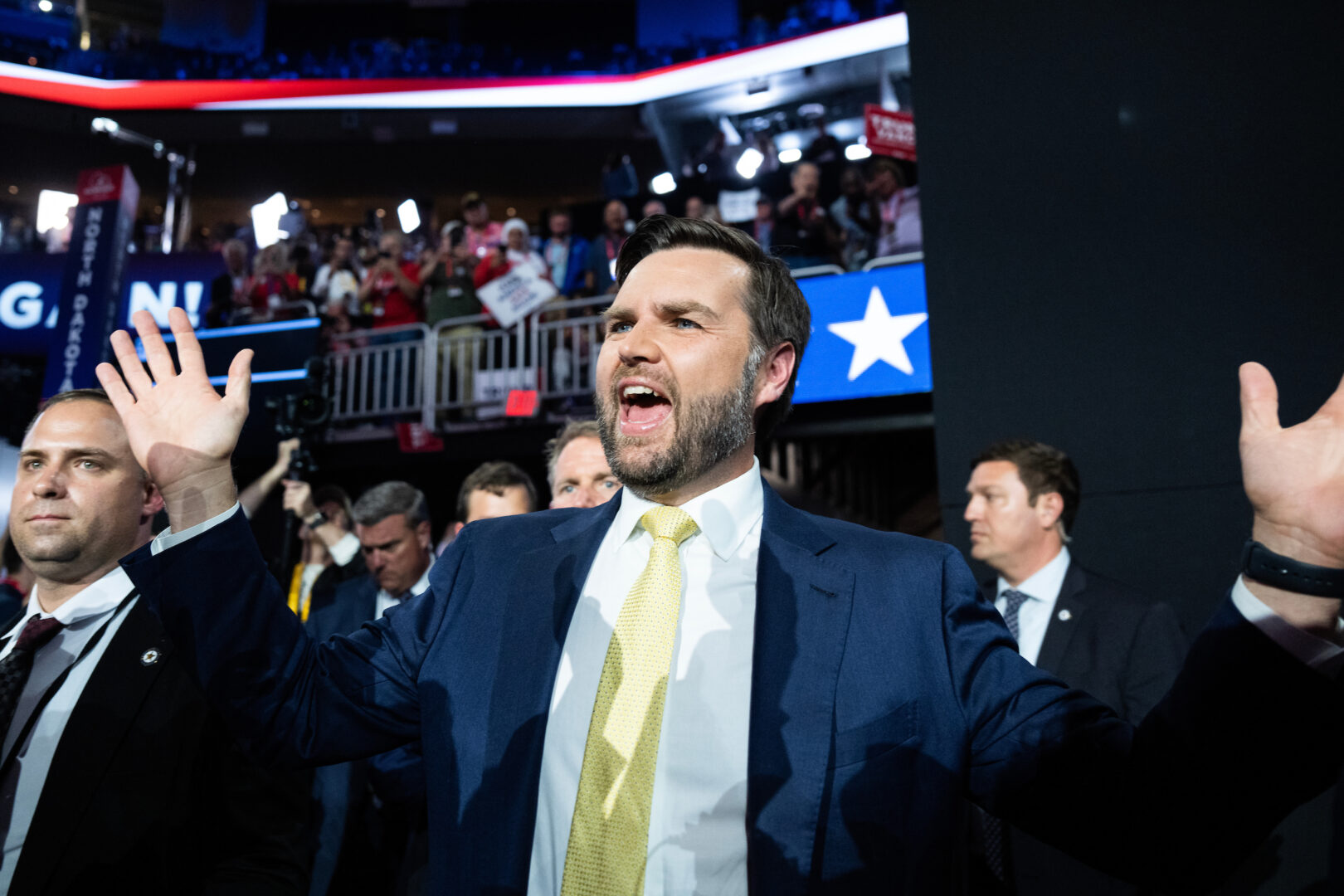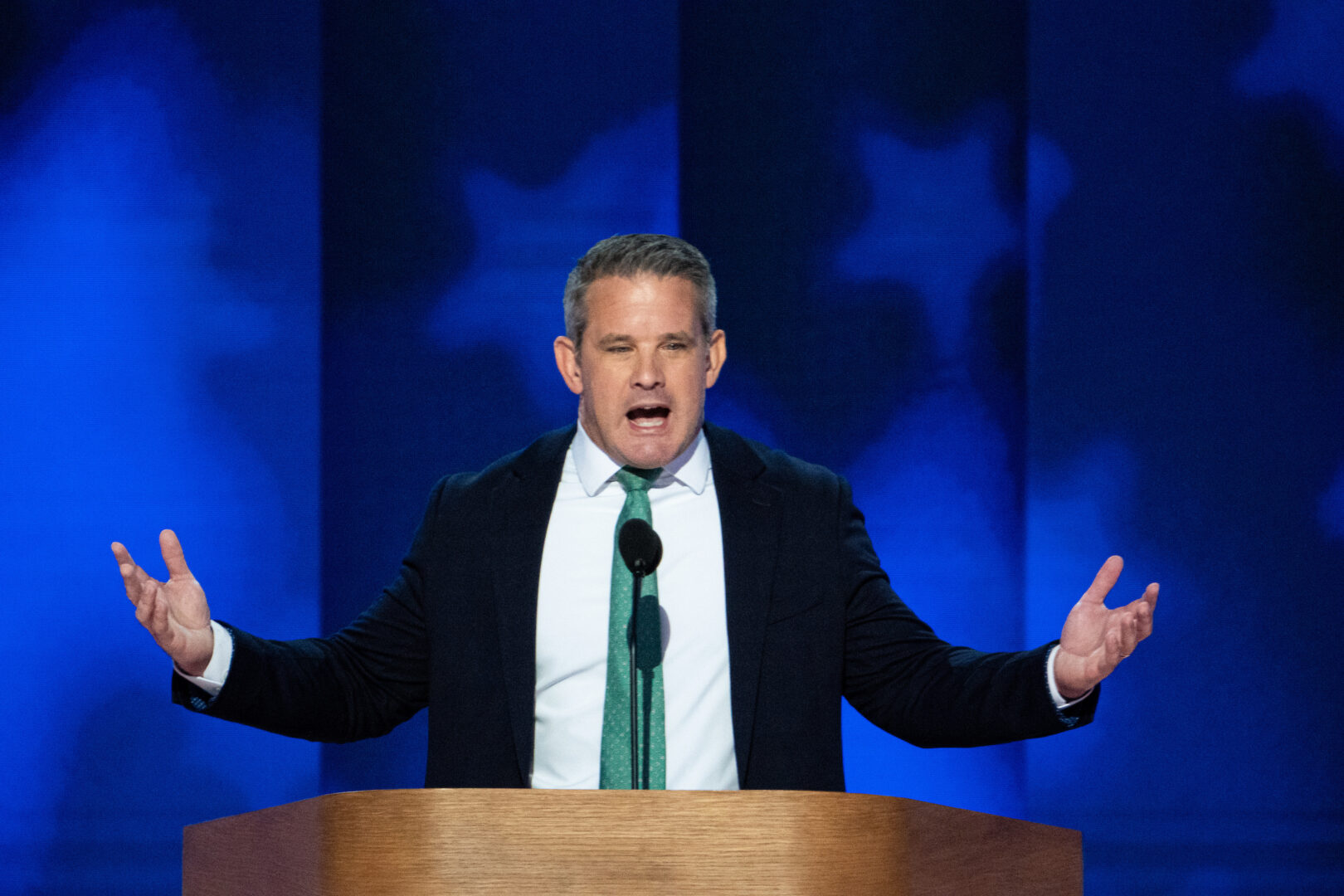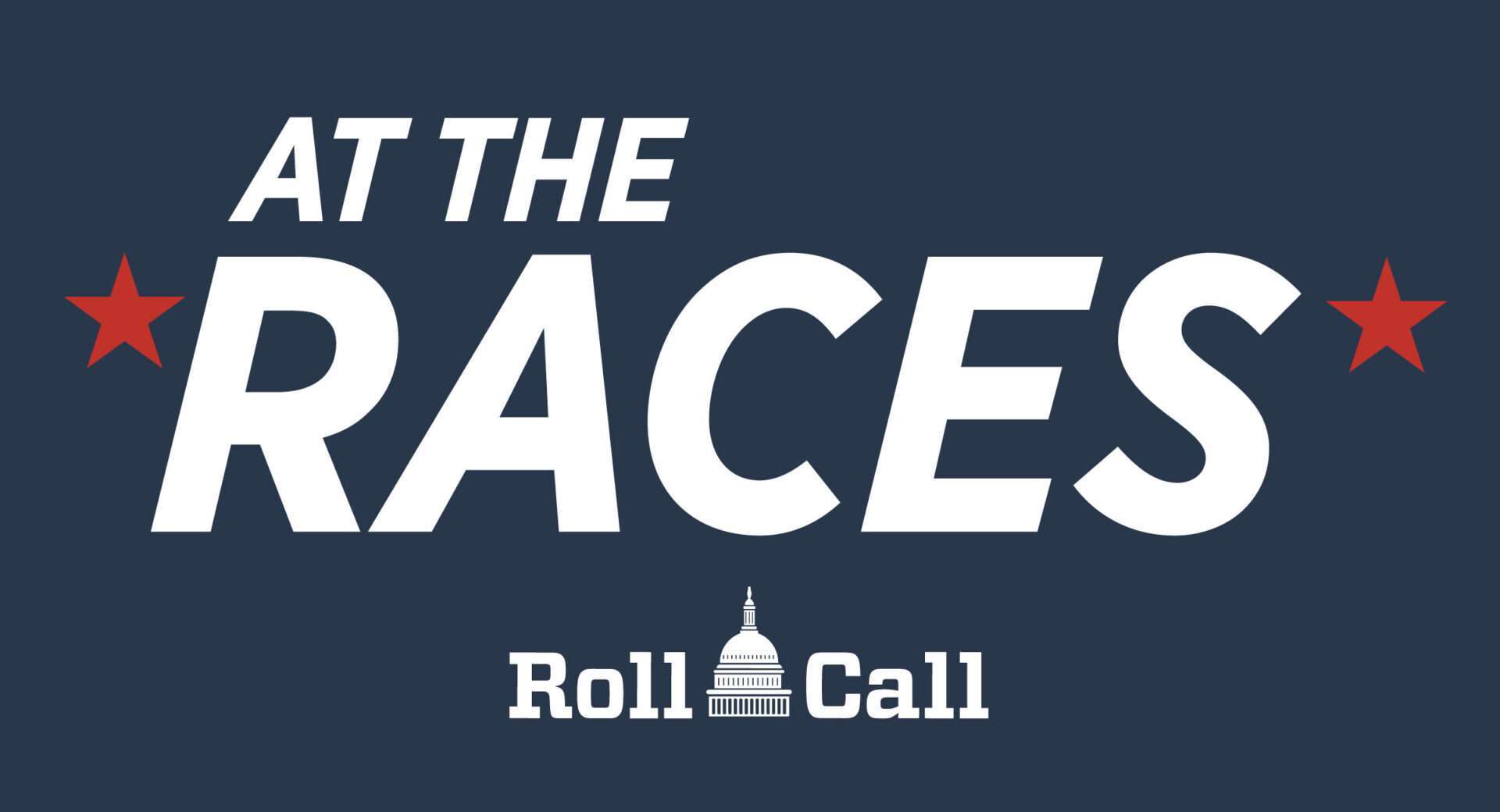Once a tech investor, Vance is now Big Tech critic
Vice presidential pick has broken ranks on issues like affordable internet and supported Biden's antitrust efforts

First-term senator and Donald Trump running mate JD Vance of Ohio is a former tech investor and venture capitalist turned critic of Big Tech who has sometimes backed positions antithetical to GOP members of Congress.
Vance, for example, this year joined a handful of other Republican senators and 29 Democrats to back a measure that would continue funding a key Biden administration program providing high-speed internet subsidies for low-income households. In supporting it, he opposed Sens. John Thune, R-S.D., and Senate Commerce ranking member Ted Cruz, R-Texas, who’ve deemed the program wasteful spending.
The Vance-backed bill would extend the Affordable Connectivity Program, created by Congress as part of the 2021 infrastructure law by providing an additional $7 billion on top of the $14.2 billion that was previously appropriated. The fund ran out of money at the end of May.
In June, Vance was one of the high-profile lawmakers who threatened to hold up a must-pass bill reauthorizing the Federal Aviation Administration unless the internet-subsidy bill got a vote. The Senate overcame his objections anyway and the FAA bill became law.
Before launching his political career, Vance co-founded Narya Capital, a Cincinnati-based investment firm along with Peter Thiel, the founder of the tech company Palantir Technologies and co-founder of PayPal. Vance, Thiel and other investors backed Rumble, a video platform that bills itself as a competitor to YouTube and is popular among conservatives and right-wing groups.
Vance also has spoken out about curtailing the freedoms enjoyed by social media companies under what’s known as Section 230 in U.S. communications law that shields online companies from lawsuits relating to content produced by individual users.
“It seems preposterous to me to think that 40 or 50 years ago, you would have had your telephone service turned off for having the wrong political views,” Vance said at a Senate Commerce Committee hearing last year, referring to the flexibility provided to social media companies to determine what user posts would be allowed and which ones would be removed. “Now you’re regularly denied access to modern forms of communication for having the wrong political views.”
Vance referred to social media posts by users removed by tech companies relating to misinformation on COVID-19 vaccines, as well as posts relating to falsehoods on elections.
Such content moderation is at the heart of laws passed in Texas and Florida that would have curtailed freedoms enjoyed by social media platforms. The Supreme Court recently remanded those cases to lower courts after groups sued to block those laws.
Vance also aligned himself with Democrats in pushing back against the tech industry’s efforts to include so-called digital trade provisions in global treaties.
In May 2023, Vance wrote to Commerce Secretary Gina M. Raimondo and U.S. Trade Representative Katherine Tai, criticizing the concept of digital trade and attempts by tech companies to “enshrine favorable policy in international agreements.”
The provisions related to free flow of data across national borders. Vance and others in opposition said the inclusion of such provisions could have allowed tech companies to move consumers’ data to other parts of the world and potentially escape future regulations in the U.S. and elsewhere.
The Biden administration later abandoned support for those provisions in its ongoing trade negotiations as part of its the Indo-Pacific Economic Framework as well as at the World Trade Organization trade talks.
Vance is one of several Republican co-sponsors of a bipartisan bill that would require tech companies to design online platforms and apps used by children below the age of 13 in such a way as to prevent or mitigate harms, including sexual exploitation and online bullying.
Praise for Khan
He’s been a proponent of breaking up Big Tech companies and has been a vocal supporter of Federal Trade Commission Chair Lina Khan, who routinely faces tough criticisms from Republican lawmakers because of her effort to curb tech companies’ monopolistic practices.
In 2021, Vance filed an amicus brief in a lawsuit by Ohio Attorney General Dave Yost that sought to declare Google a public utility. The brief also alleged that Google engaged in anti-competitive behavior.
Vance later called for Google to be broken up.
“This is one of the most dangerous companies in the world,” Vance said of Google in a March 2024 interview on Fox News. “It actively enforces and solicits left-wing bias down the throats of the American nation,” he said.
Vance has said that one of the few things that the Biden administration has gotten right is its focus on policing Big Tech. Under Khan’s leadership the FTC has brought antitrust lawsuits against Amazon and Google.
Speaking at an antitrust event hosted by Bloomberg and Y Combinator in February — where Sen. Elizabeth Warren, D-Mass., was also a featured speaker — Vance gave a shoutout to Khan.
“Lina Khan is the person I would point out as the best person within the Biden administration,” Vance said at the event. “I like a lot of things that Lina Khan is doing.”





